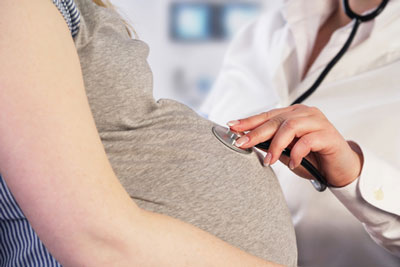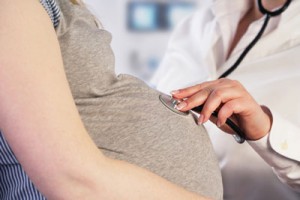Novavax’s RSV vaccine safe for foetus; company gets $89m funding
Posted: 29 September 2015 |
Infants received a significant bolus of all anti-RSV antibodies via transplacental transfer. As such, the RSV F Vaccine demonstrates the potential to protect infants when they are most at risk of infection…


Novavax today announced positive top-line data from a Phase 2 clinical trial of its RSV F-protein recombinant nanoparticle vaccine candidate (RSV F Vaccine) to protect infants via maternal immunisation.


The purpose of the Phase 2 trial was to evaluate the safety and immunogenicity of the RSV F Vaccine in healthy pregnant women. The trial also assessed the transplacental transfer of maternal antibodies induced by the vaccine, the impact of maternal immunisation on infant safety during the first year of life and RSV-specific antibody levels through the infants’ first six months of life.
The trial enrolled 50 healthy pregnant women in their third trimester. Women were randomised to receive either placebo or 120 micrograms of RSV F Vaccine adjuvanted with 0.4 mg of aluminum phosphate. They were followed through the remainder of their pregnancies, delivery and for an additional 180 days postpartum to assess safety and immunogenicity as measured by serum RSV anti-F IgG, microneutralising, and palivizumab-competing antibody (PCA) titers. Upon delivery, umbilical cord blood samples were obtained to determine the titers of RSV PCA, anti-F IgG, and microneutralising titers in their infants. Additional serum samples from the infant participants were obtained over the following six month period to provide a preliminary estimate of the half-life of vaccine-induced maternal antibodies.
Infants received a significant bolus of all anti-RSV antibodies via transplacental transfer
Women in the vaccinated group demonstrated a geometric mean 14-fold rise in anti-F IgG, 29-fold rise in PCA, and 2-fold rise in microneutralization titers. In contrast, women who received placebo demonstrated no significant change in their antibody levels. At delivery, the geometric mean anti-F IgG antibody titer in immunised women was 7,244 Elisa Units (EU) and on average, the infants’ antibody titer equaled 100% of the mothers’ anti-F IgG antibody titer. The geometric mean PCA antibody titer was 212 micrograms/mL in immunized mothers and the average PCA antibody transfer within the mother-infant pairs was 90%. Finally, geometric mean microneutralizing antibody titers in immunized mothers were 759 and 481 micrograms/mL for RSV/A and RSV/B respectively, and the average microneutralizing antibody transfer within the mother-infant pairs was 90% for RSV/A and 100% for RSV/B. The estimated half-lives of infant PCA, anti-F IgG, RSV/A and RSV/B microneutralizing antibodies, based on data through day 60, were 41, 30, 36 and 34 days, respectively.
Gregory Glenn, M.D., Senior Vice President, Research and Development, Novavax, said, “These data are consistent with immune responses observed in our earlier trials of women of child-bearing age. As anticipated, infants received a significant bolus of all anti-RSV antibodies via transplacental transfer. Half of all hospitalisations due to RSV occur within the first three months of life and, based on these data, the RSV F Vaccine demonstrates the potential to protect infants when they are most at risk of infection.
Novavax also announced today that it has been awarded a grant of up to $89 million by the Bill & Melinda Gates Foundation to support development of the RSV F Vaccine Phase 3 clinical trial in pregnant women, planned to initiate during the first quarter of 2016. This grant will also support regulatory licensing efforts, providing a path to WHO prequalification. Upon licensure, Novavax has agreed to make the RSV F Vaccine affordable and accessible to people in the developing world.




